Strong Police Clampdown on Cameroon Opposition Leader as Election Looms
- by Mady, Cameroon, RNG247
- about 7 months ago
- 145 views
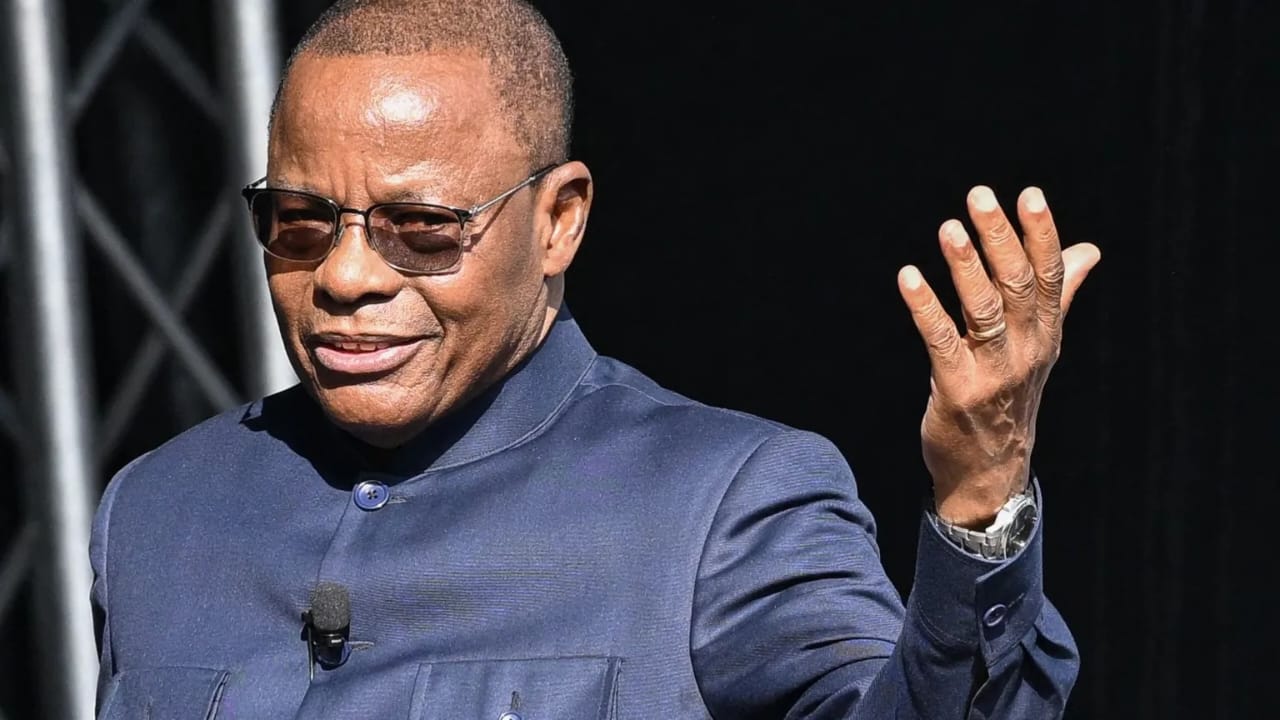
In a move that has heightened tensions in Cameroon’s political landscape, authorities have encircled the home of opposition leader Maurice Kamto in Douala for the past two days, following his return from France. Kamto, who leads the Cameroon Renaissance Movement (CRM), has become a focal point in the country's fragile electoral process as he prepares to challenge President Paul Biya’s longstanding rule.
Since his arrival, police have maintained a heavy presence around Kamto’s residence, effectively preventing him from leaving to meet with party officials and supporters. On Sunday, law enforcement officials blocked the 71-year-old politician from departing his lodgings in Douala's bustling main city. Despite efforts plans to convene a gathering of CRM members on Monday were abruptly abandoned due to the overwhelming police deployment.
Kamto’s return preceded a series of intensified security measures, just as he declared his intention to vie in the upcoming presidential election—an election that could mark a significant turning point in Cameroon’s political history. The veteran opposition figure aims to end the 42-year tenure of Biya, Africa’s second-longest-serving leader, whose participation in the race remains unconfirmed as of now.
A notable moment occurred during Kamto’s visit to Paris last month, where he boldly promised to ensure the safety of President Biya and his family if elected. Addressing thousands of Cameroonians in the diaspora, Kamto vowed “nothing will happen to Mr. Biya and his family,” emphasizing his commitment to unity and nation-building over hatred or vendettas. His comments, however, drew sharp criticism from ruling party officials. Labour Minister Grégoire Owona publicly dismissed Kamto’s assurances on social media, questioning the necessity of protection for Biya’s family and asserting that Cameroon was not in danger.
Security has since been markedly tightened in Douala, with police and gendarmes proceedingly monitoring areas associated with Kamto’s activities. Local sources report that media access has been restricted, and officials have ordered the media not to film or report on the ongoing police operations. Footage aired later on Sunday captured Kamto addressing a gathering of supporters from within his quarantine, urging them to disperse peacefully with the words, “Go home in calm and dignity,” amid chants of support.
Access to the CRM party headquarters, where Kamto aimed to hold a strategic meeting, has also been blocked, with authorities claiming lack of approval for the assembly. Kamto firmly denies any formal restrictions, asserting that he had informed local authorities of his intent to meet with party members, and considers the blockade an unlawful obstruction.
The government’s crackdown on opposition activities has elicited widespread condemnation from human rights groups and international observers. Notably, Cameroon’s parliamentary elections, originally scheduled earlier this year, have now been postponed until 2026, amplifying concerns about the country’s democratic trajectory amid ongoing conflict and political unrest.
Biya’s regime remains shrouded in secrecy, with unresolved questions about his health fueling rumors of potential exit from public life—laws restricting reports on his health have been enacted last year. Meanwhile, legal hurdles cast doubt on Kamto’s presidential bid; Cameroon’s electoral laws stipulate that only parties with elected representatives can field candidates, and presently, Kamto’s CRM holds only a single senator, with no other elected officials across the country.
Despite these obstacles, Kamto insists there are “no legal impediments” to his candidacy. His supporters and party officials argue that the government’s actions are a deliberate effort to thwart his bid, portraying it as part of a broader political maneuver to stifle a candidate seen as a genuine threat to Biya’s entrenched power.
Compounding political instability is Cameroon’s protracted conflict in the English-speaking regions, where separatist insurgents demand independence for the two Anglophone provinces, home to a fifth of the nation’s population. Since the conflict erupted nearly a decade ago, casualties have surpassed 6,000, and hundreds of thousands have been displaced, underscoring the country’s volatile pre-election landscape.
As tensions mount, the world watches closely, questioning whether Cameroon’s upcoming electoral process can proceed free and fair amidst political suppression, ongoing violence, and uncertain leadership transitions.



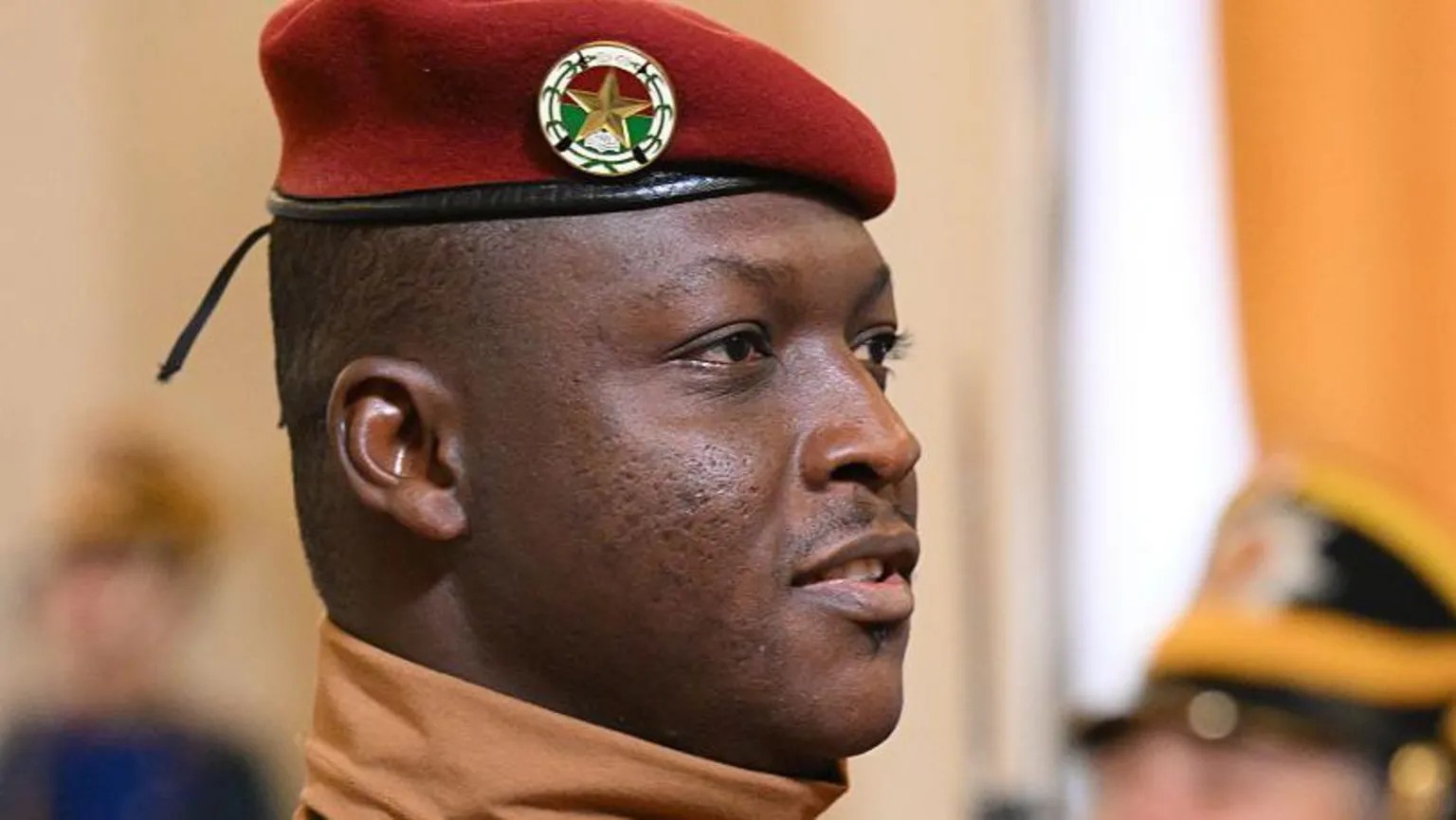
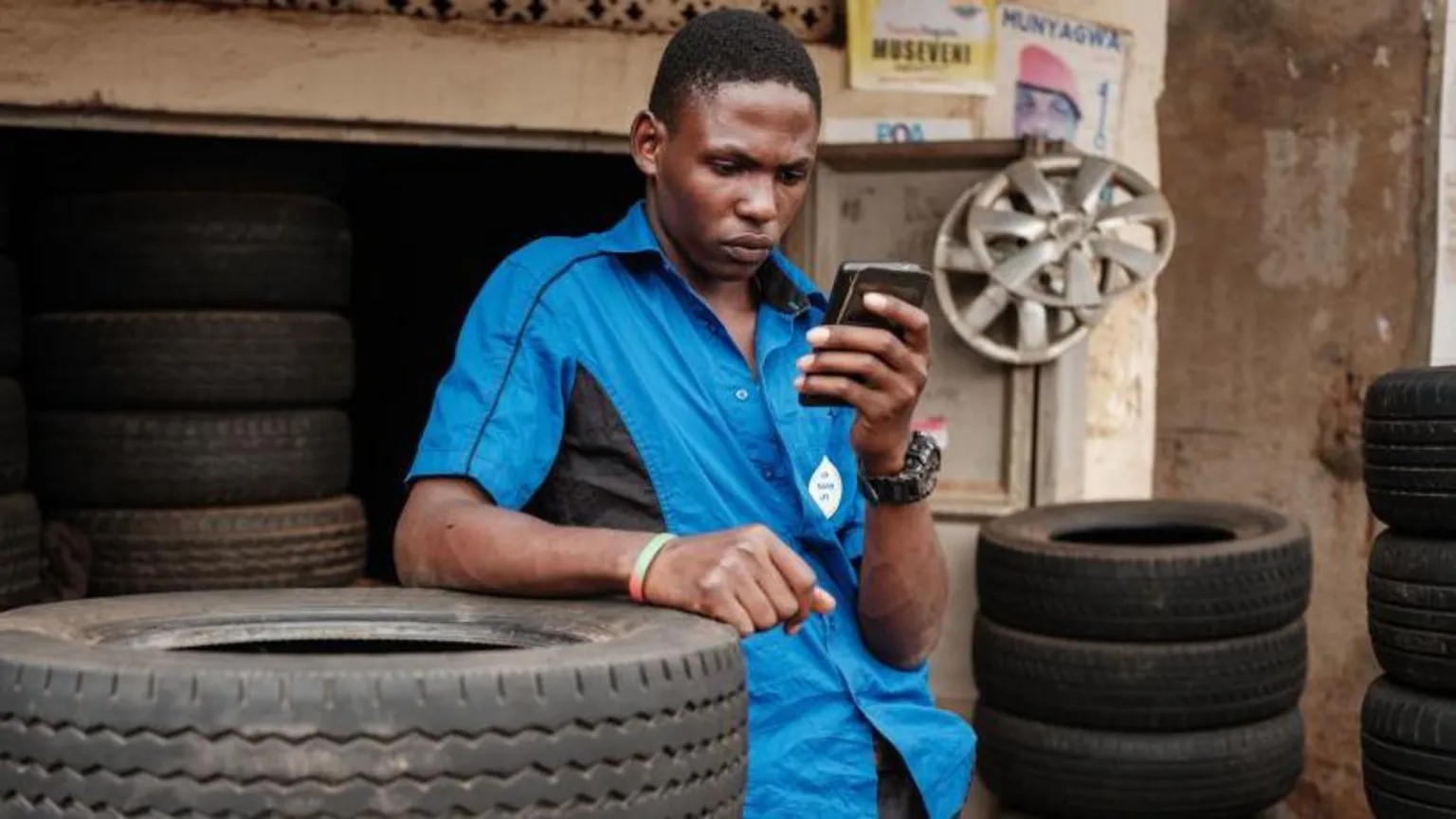
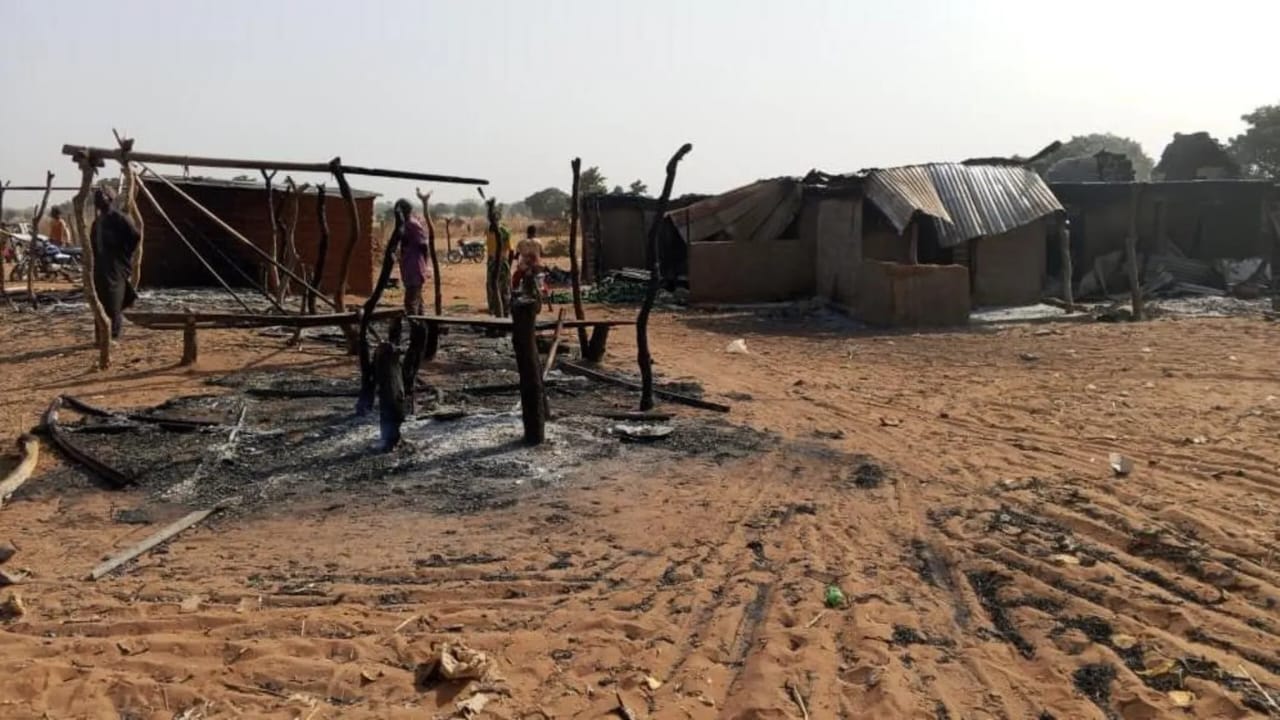
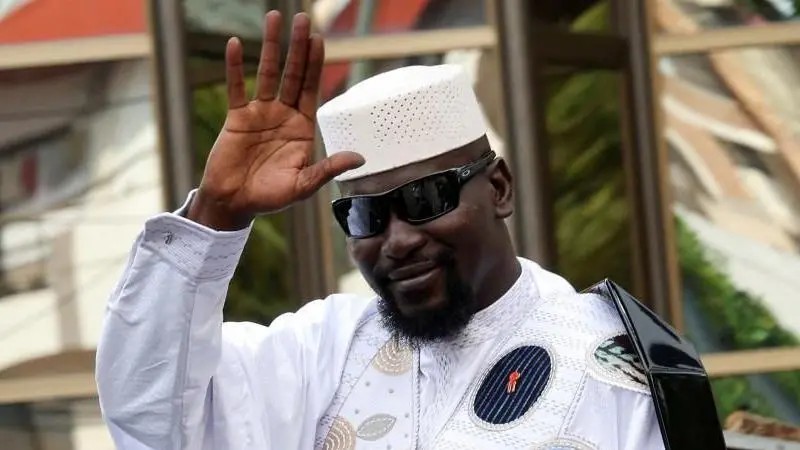
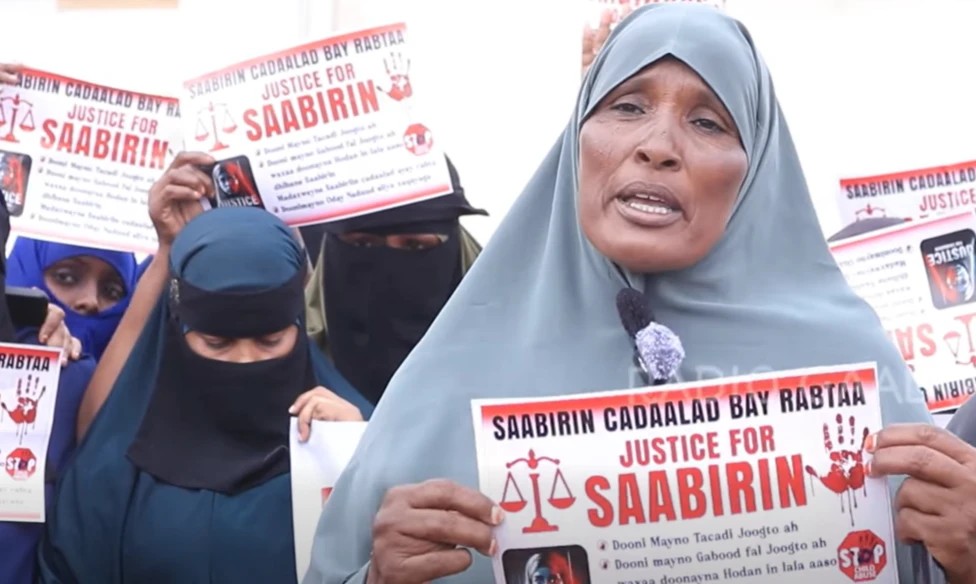

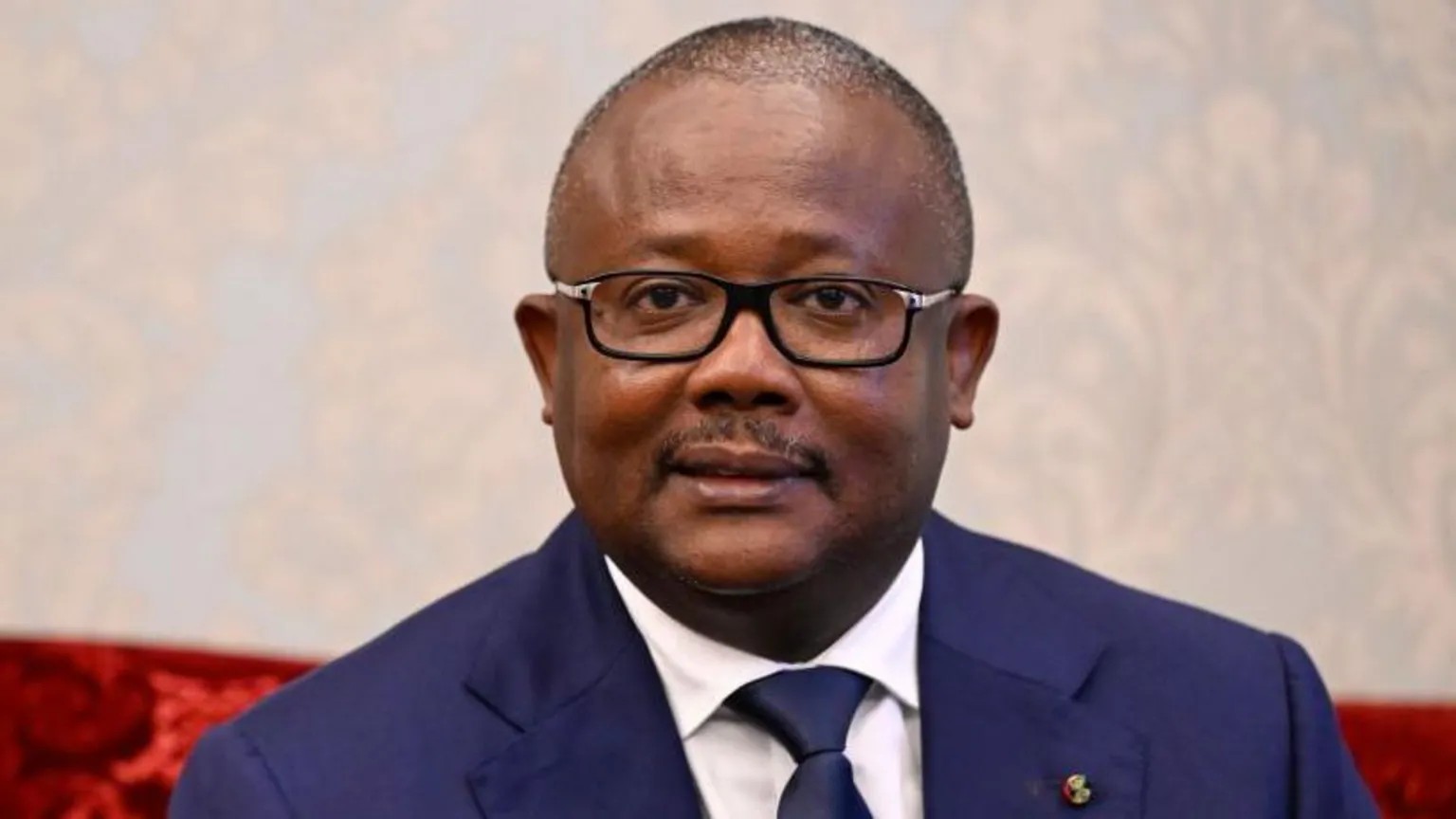
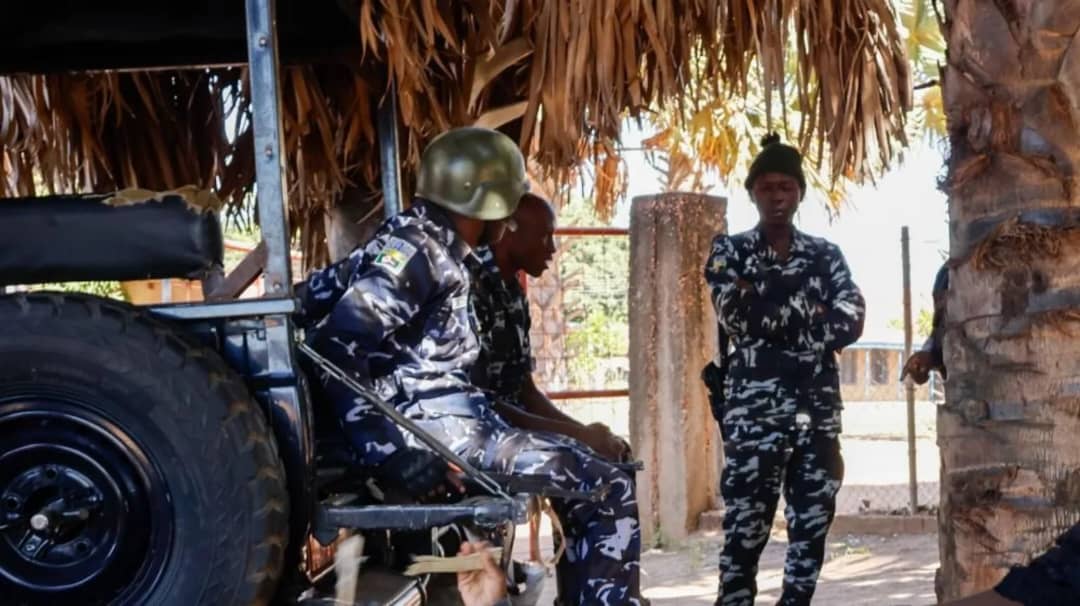
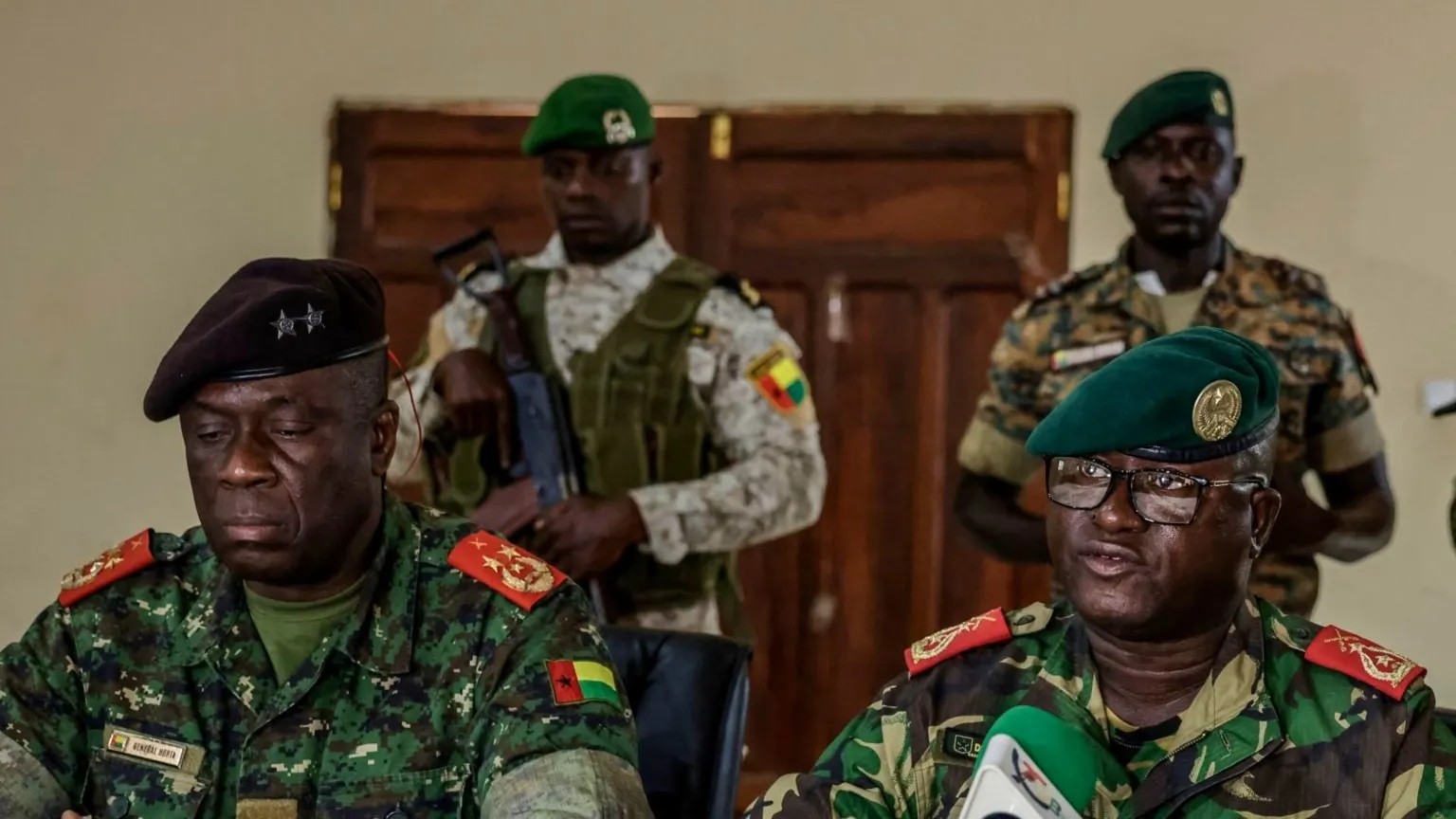
.jpg)
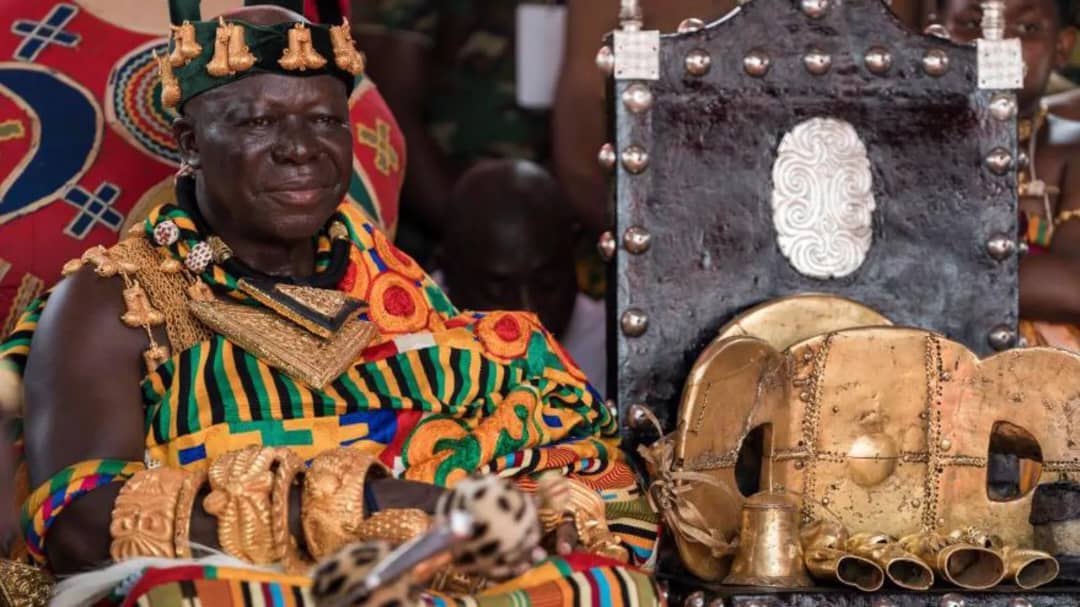


0 Comment(s)